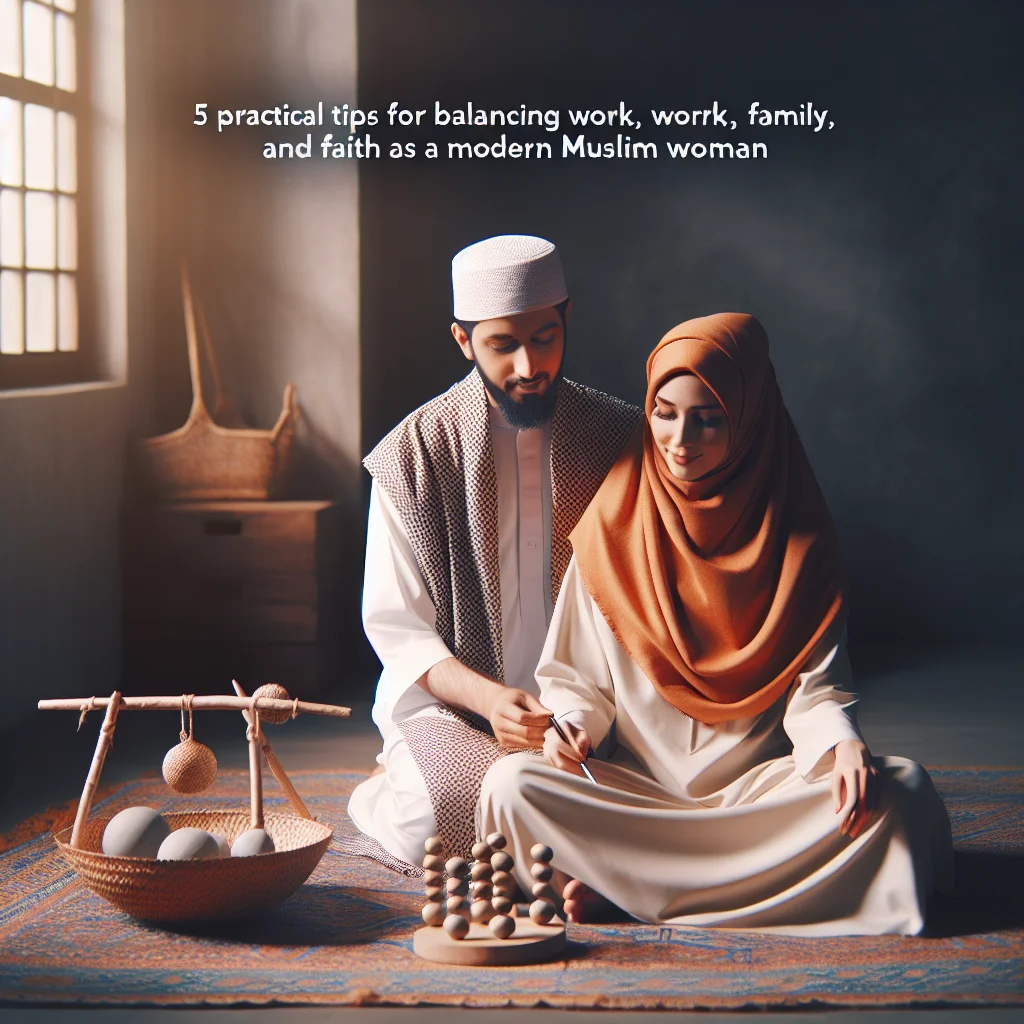Navigating Intercultural Marriages: Balancing Cultural Differences in Modern Muslim Families
Intercultural marriages have become increasingly common in today's globalized world, especially among Muslims living in multicultural societies. While such unions can bring richness and diversity to a relationship, they also present challenges that need to be navigated with care and sensitivity. Balancing cultural differences in a modern Muslim family requires a deep understanding of each other's backgrounds, effective communication, and a willingness to compromise.
One of the key aspects of navigating intercultural marriages in a Muslim context is respecting and valuing each other's cultural heritage. Islam teaches us to appreciate diversity and to treat each other with kindness and compassion, regardless of our backgrounds. Both partners should make an effort to learn about and understand each other's cultural traditions, customs, and beliefs. This can help create a sense of harmony and understanding within the marriage.
Effective communication is essential in any relationship, but it becomes even more crucial in intercultural marriages. Misunderstandings and conflicts can easily arise when partners come from different cultural backgrounds and have different ways of expressing themselves. It is important for both partners to be open and honest with each other, to listen actively, and to communicate their feelings and concerns respectfully. Building strong communication skills can help bridge the cultural gap and strengthen the bond between husband and wife.
Another important aspect of balancing cultural differences in modern Muslim families is finding common ground and areas of convergence. While each partner may have their own cultural norms and practices, there are likely to be shared values and goals that can serve as a foundation for the marriage. By focusing on these commonalities and working together towards shared objectives, couples can build a strong and united family that transcends cultural differences.
Flexibility and compromise are also key ingredients in successfully navigating intercultural marriages. Both partners may need to adjust their expectations and behaviors to accommodate each other's cultural preferences. This may involve making small compromises on certain issues, being willing to try new things, or finding creative solutions that blend elements of both cultures. A spirit of compromise and flexibility can help create a harmonious and inclusive family environment.
Seeking support and guidance from trusted elders, mentors, or counselors can be beneficial for couples navigating intercultural marriages. These experienced individuals can offer valuable insights, advice, and perspectives that can help navigate cultural differences and address any challenges that may arise. It is important for couples to seek help when needed and to be open to learning and growing together as a team.
In conclusion, navigating intercultural marriages in modern Muslim families requires patience, understanding, and a commitment to mutual respect and harmony. By valuing each other's cultural backgrounds, communicating effectively, finding common ground, being flexible, and seeking support when needed, couples can build strong and thriving relationships that transcend cultural boundaries. Embracing diversity and celebrating differences can enrich the marriage and create a resilient and united family unit.
To find a righteous partner, install the Good Spouse app: http://goodspouse.com/go/en.
Install the Good Spouse app: ⬇️⬇️⬇️⬇️⬇️




